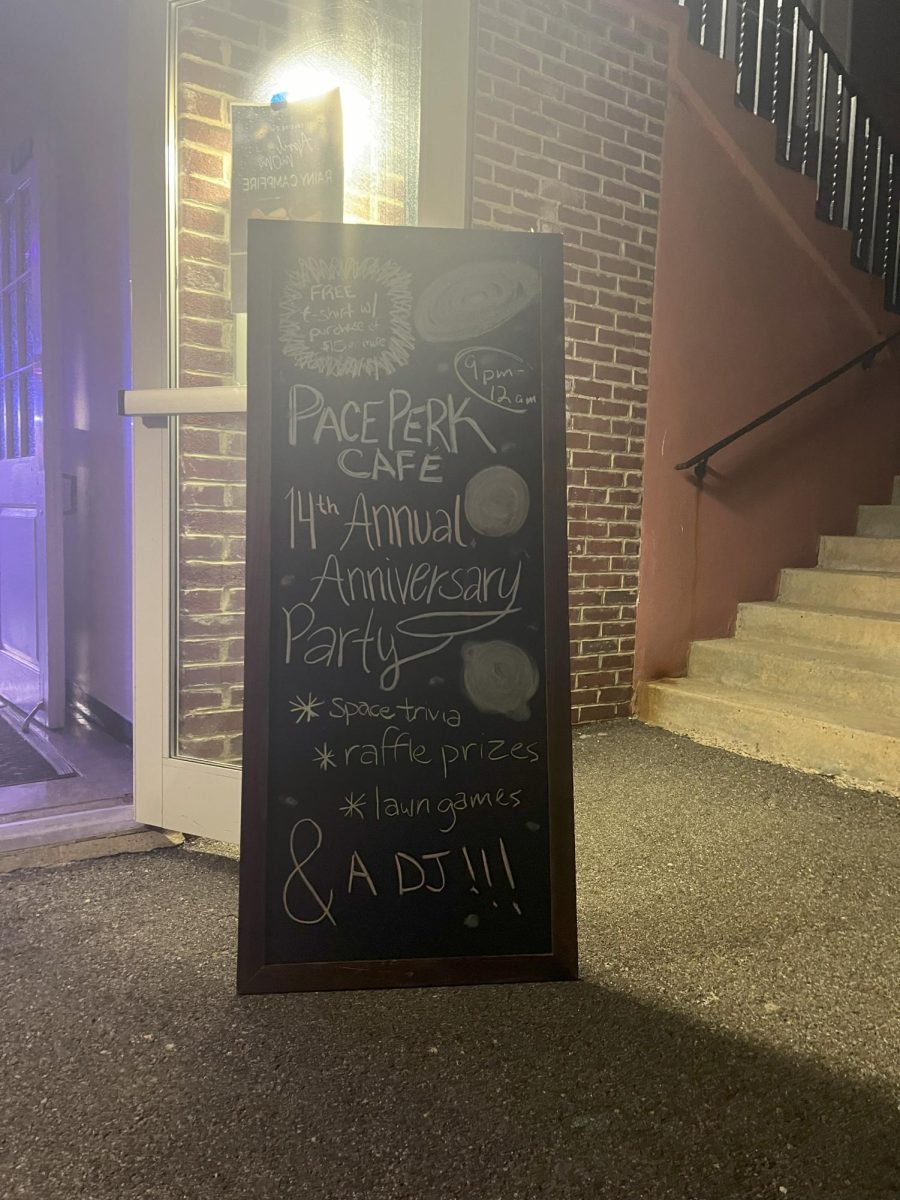What are the first few things that pop into your head when you hear the word, ‘Valentine’? The most likely answers would be chocolate, love cards, cupid, and, of course, the cliché roses that never seem to be out of style.
But it is time to think twice before buying those two-dozen roses for your sweetheart.
While it isn’t hard to find organic flowers at your local florist, over 62 percent of all flowers that are sold in the United States are grown in Columbia and Ecuador in greenhouses. These greenhouses are constantly pumped with pesticides that don’t just make the flowers perfect but can actually harm those working.
The International Labor Organization reports that more than 70 percent of the flower workers in Ecuador and Colombia are women. In Ecuador, 20 percent of the workers are young girls.
These workers have been found to have multiple health problems. Program Coordinator for the International Labor Rights Fund Nora Ferm, reported that these floral workers, who have daily contact with the pesticides and the flowers that have been sprayed with them, have suffered skin rashes, asthma, miscarriages, respiratory problems, and neurological problems from not having the correct protective equipment. These people are forced to work long hours each day around the toxins.
The women aren’t the only ones that are affected by the toxins that they are working with. Harvard School of Public Health did a study in which they examined 72 children in Ecuador ages seven to eight whose mothers were workers and exposed to the pesticides during pregnancy. In the study they found that all of the children had developmental delays of up to four years on aptitude tests.
So what happens to you if you buy these pesticide-infested flowers?
Anthropologist Dr. Elizabeth Guillette from the University of Florida recently said, “It’s important to avoid touching the blossoms and to handle them as little as possible, and then be sure to wash your hands.”
This isn’t just friendly advice. Guillette has spent over a year in these flower-producing countries to chart the elevated amounts of stillbirths and early infant deaths that came from female flower workers that were exposed to the organophosphate pesticides. But don’t worry too much because unless you are planning on biting down all night on the stem of the roses to seduce your lover, you shouldn’t have a huge medical side effect like those who work closely with them.
How can I avoid buying these types of flowers from the supermarket and floral shops you may ask?
That one is simple: ask. Most floral shops should be able to tell you exactly where they get their flowers from and many pride themselves on having organic, chemical free flowers. But if you don’t trust the supermarkets, you can always order from online or go to the local harvest website (www.localharvest.org) and get the location of the closest certified grower.



